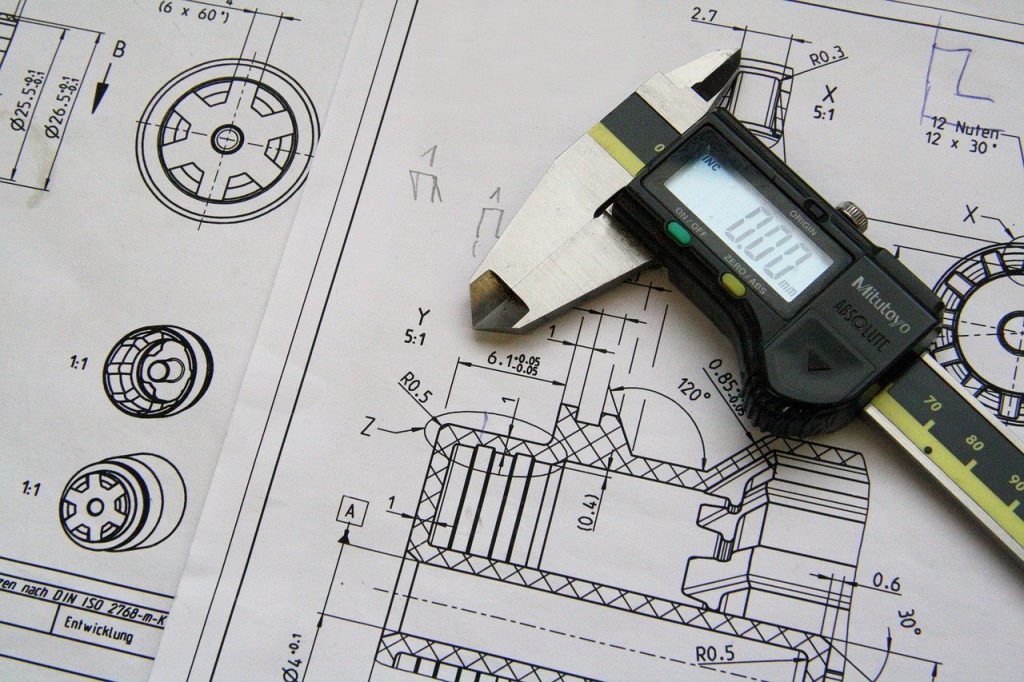Study finds, using mechanical tools improves our language skills

Understanding complex sentence syntax is one of the most difficult language skills. Research in 2019 showed a correlation between tool proficiency and good syntactic abilities. Researchers from Inserm and CNRS, Universite Claude Bernard Lyon 1, Universite Luminaire Lyon 2, Karolinska Institutet, Sweden, have now found that both skills rely upon the same neurological resources. Motor training with a tool increases our understanding of complex sentences’ syntax and vice versa, syntactic training improves the ability to use tools. These findings can be used clinically to aid in the rehabilitation of patients who have lost some of their language skills.
This study was published in the November 2021 issue of Science.
Language has been a complex skill that mobilizes specific brain networks for a long time. Scientists have reexamined this notion in recent years.
Research has shown that areas of the brain responsible for certain linguistic functions such as word meaning processing, may also be involved in fine motor skills. Brain imaging has not shown any evidence that language and the use of tools are linked. Paleo-neurobiology has also shown that the brain regions associated with language had increased in our ancestors during periods of the technological boom when the use of tools became more widespread.
The research teams were struck by the possibility that certain movements require the same brain resources as complex linguistic functions like syntax.

Exercises in syntax and the use of tongs
Inserm researcher Claudio Brozzoli, in collaboration with Alice C. Roy from CNRS, had demonstrated that people who are skilled in using tools are also better at understanding the finer points and syntax of Swedish.
The same team developed a series of experiments that used brain imaging techniques (functional magnet resonance imaging, MRI, and behavioral measurements to better understand the subject. Participants were required to perform several tests that included motor training with 30 cm long pliers and syntax exercises. Scientists were able to identify brain networks that are specific to each task and also those common to both.
The first time they discovered that syntax exercises and tool handling produced brain activations in the same areas. This is called the “basal Ganglia“.
Cognitive Training
These two skill types share the same brain resources so it is possible to train them both. Is motor training with the mechanical tools beneficial for understanding complex phrases? The scientists examined these issues in the second half of their study and found that it is.
Participants were asked to complete a syntactic comprehension task after and before 30 minutes of motor training with the pliers ( See box for details of the experiment). The researchers showed that motor training with the pliers results in better performance in syntactic comprehension exercises.
The findings also show that the opposite is true: language faculties training with exercises to understand complex sentences increased motor performance using the tool.
These findings are being applied in clinical settings by scientists. “We are developing protocols to help patients with motor impairments, such as those with developmental language disorders, recover their language skills. These findings provide insight into the evolution of language throughout history, in addition to their innovative applications. Broccoli concludes that when our ancestors learned to use tools, it profoundly altered the brain. This may have led to certain functions like syntax.

Syntax exercises and motor training
Motor training required the use of pliers to insert small pieces into holes that were shaped according to their shapes but with different orientations.
Before and after the training, the syntax exercises consisted of reading sentences using a simple syntax such as “The scientist that admires the poet wrote an article” or “The scientist the poet admires wrote an article.” Participants had to determine whether statements like “The scientist is admired by the poet” were true or false. Sentences containing the French object relative pronoun ‘queue are more difficult to process, and thus performance was generally lower.
These experiments showed that participants were able to complete sentences considered more difficult after receiving motor training. The results of the motor training were not seen in the control groups. They performed the same task, but with no training or using their bare hands.





